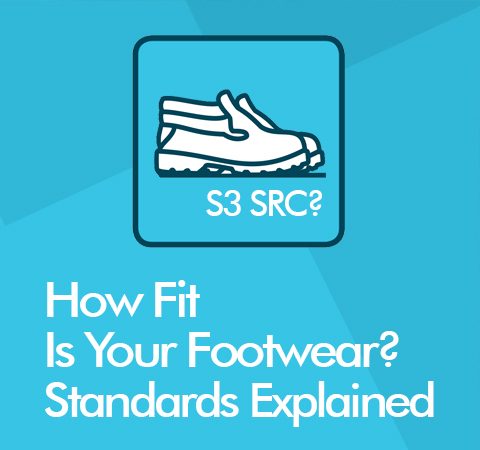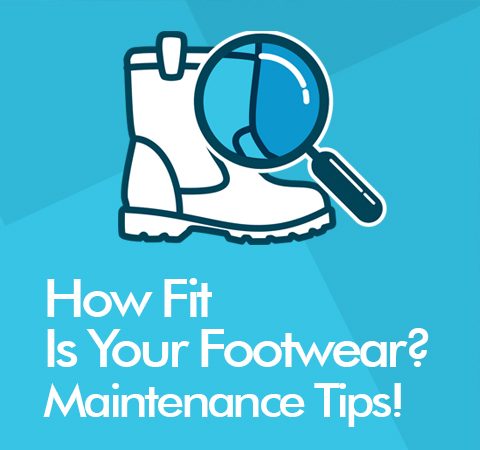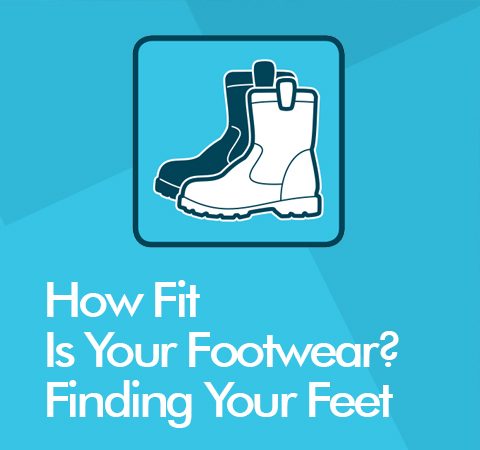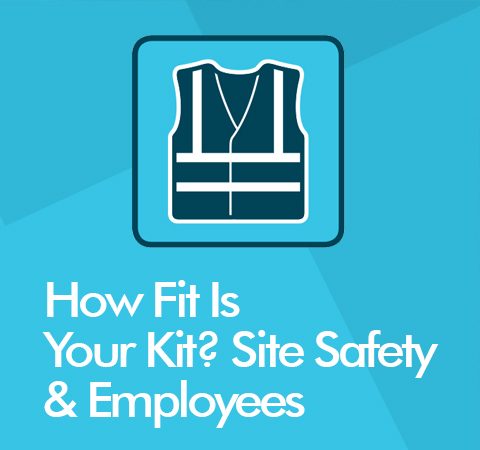Setting the Standard
Once the shoe has been appropriately matched to the environment, checking the relevant protection standards and overall fit for the wearer should be the next consideration. To ensure only the fittest footwear is selected, there are a variety of safety classifications and codes to consider during the specification process. BS EN ISO 20345:2011 is the current standard for safety footwear (used for general purpose) across Europe (EN) and sets out a series of tests for safety footwear which must be passed to claim protection against a specific hazards or risks. A code can then be generated using the below abbreviations to help end users identify the right footwear for their requirements. An example is given below:S3 SRC CI
This shows that this safety boot features a penetration resistant and cleated outsole, is insulated against cold and offers excellent slip resistance.Here are the most common abbreviations that are used to signify a boot or shoe is fit for purpose:
| P | Penetration Resistance | WR | Water Resistance |
| C | Conductive | M | Metatarsal Protection |
| A | Antistatic | AN | Ankle Protection |
| I | Electricity Insulating Footwear | CR | Cut Resistant Upper |
| E | Energy Absorption of Seat Region | WRU | Water Penetration and Water Absorption Uppper |
| HI | Insulation Against Heat | HRO | Outsole Resistance to Hot Contact |
| CI | Insulation Against Cold | FO | Fuel Oil Resistant Outsole |
There are separate standards for non-slip safety boots and shoes:
SRA - Tested on ceramic title wetted with sodium lauryl sulphate (a diluted soap solution) SRB - Tested on steel with glycerol SRC - Tested under SRA and SRB conditionsTo gauge the level of protection, here is an overview of the safety boot and shoe ratings applicable to the UK:
SB - Safety Basic (Toe Protection) S1 - Safety Basic + Closed Seat Region + Antistatic + Energy Absorption of the Seat Region + Fuel Oil Resistance Outsoles S2 - Same as S1 + Water Resistance of the Upper S3 - Same as S2 + Penetration of the Outsole + Cleated Outsoles S4 - Safety Basic + Closed Seat Region + Antistatic Properties + Energy Absorption of the Seat Region + Fuel Oil Resistance S5 - Same as S4 + Penetration Resistance + Cleated Outsole



